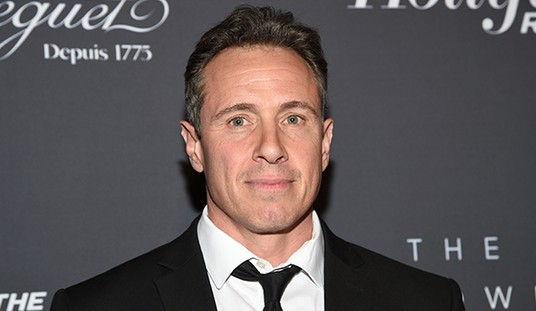“If everyone saved more, we’d have a problem.” – Robert Shiller
Last week, in promoting a new edition of “Irrational Exuberance,” Robert Shiller, a Nobel Prize-winning economist from Yale University, said he is encouraging his students to save more, because the “golden age of investing” is over and investors will need to save more to have enough for retirement.
Then, in an interview with Yahoo Finance, he nodded his head with approval when the interviewer said that saving more “would ruin the economy.” Shiller added, “If everybody saved more, then we’d have a problem.” The interviewer went on to say, “Shiller is referring to the idea that if everyone saved more, they wouldn’t be spending money on discretionary items and the U.S. economy is heavily dependent on consumer spending.”
Of course, this so-called “paradox of thrift” is nonsense and might only apply during periods of Great Depression when savings were stashed away as cash under a mattress or stayed idle in a bank account.
In today’s modern economy, nothing of the sort happens. If everyone saved more, the funds would be invested in the stock market, or in bank accounts where the funds would be invested in businesses.
There is actually no empirical evidence of a paradox of thrift. In fact, just the opposite is true. A St. Louis Fed study of a few years ago concluded that higher savings results in higher economic growth.
Recommended
It also is not true that consumer spending dominates the U.S. economy.
My own work demonstrates that business spending (my B2B index) is almost twice the size of consumer spending in the United States, based on the new Gross Output statistics that the Bureau of Economic Analysis (BEA) now is using.
Read my lead op-ed in the Wall Street Journal on this subject.
In short, saving more is a good idea, for individuals and for society.
In case you missed it, I encourage you to read my e-letter column from last week on Eagle Daily Investor about U.S. transportation infrastructure.

























Join the conversation as a VIP Member